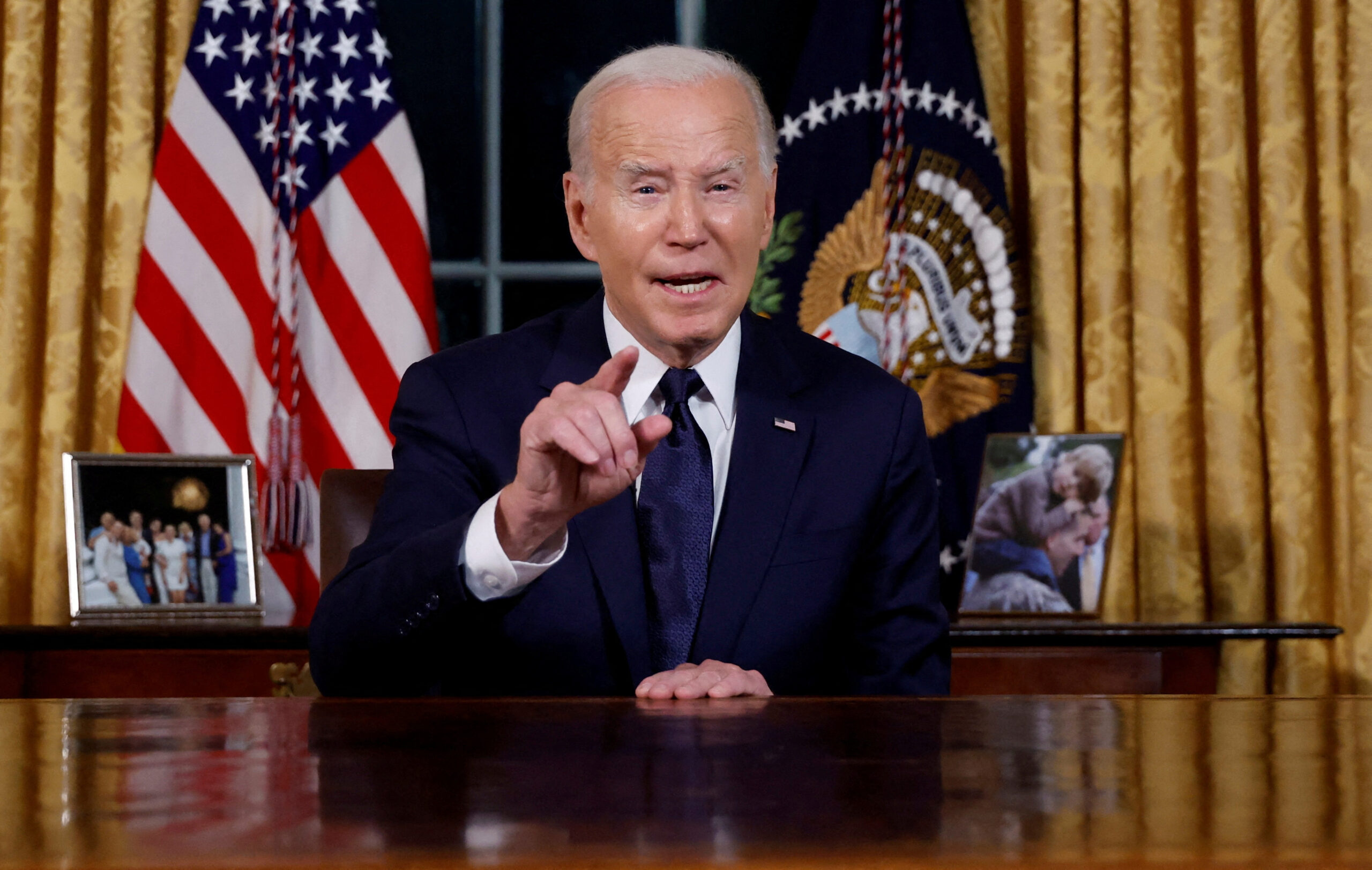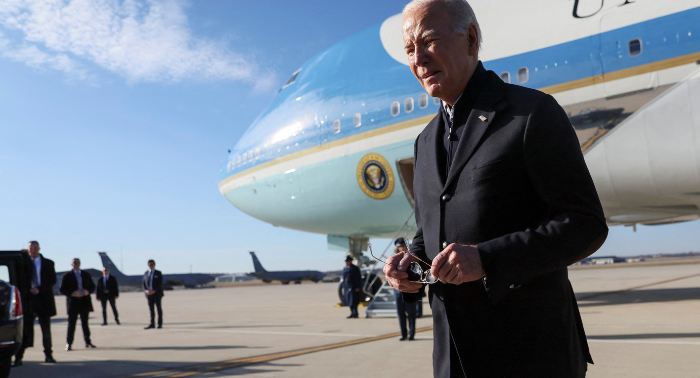The recent attack by Iran-backed militants that resulted in the killing of three U.S. troops and the injury of many others has intensified the political pressure on President Joe Biden to take decisive action against Iran. This is a decision he has been cautious about due to concerns about sparking a wider conflict.
Experts suggest that President Biden’s response options may include targeting Iranian forces both inside and outside of Iran, or opting for a more measured retaliatory strike solely against the Iran-backed militants responsible for the attack.
In the months following the Israel-Hamas conflict in October, American forces in the Middle East have been targeted over 150 times by Iran-backed groups in various regions, including Iraq, Syria, Jordan, and off the coast of Yemen. However, until the recent attack on a remote outpost known as Tower 22 near the Jordan-Syria border, these strikes had not resulted in the loss of American lives or injuries on this scale. This provided President Biden with the political space to respond without risking an all-out war with Iran.
President Biden has stated that the United States will respond to the attack, although he has not provided specific details.
Critics, particularly Republicans, have accused President Biden of leaving American troops vulnerable, suggesting that he must take military action against Iran’s terrorist forces both within Iran and across the Middle East.
Former President Donald Trump, who seeks to challenge President Biden in the upcoming presidential election, framed the attack as a consequence of what he perceives as Biden’s weakness and capitulation.
The Biden administration maintains that it takes significant measures to safeguard U.S. troops worldwide.
Some Democrats, however, have expressed concerns that President Biden’s strategy to contain the Israel-Hamas conflict to Gaza is failing, as the situation appears to be escalating into a regional conflict. They have renewed calls for a ceasefire in the Israel-Palestinian war.
Rep. Seth Moulton, a Democrat and a former Marine with extensive experience in Iraq, cautioned against calls for war, emphasizing the complexities of deterrence and the severity of war. He urged for a strategic response on American terms and timeline.
Experts caution that any direct strikes against Iranian forces within Iran could provoke a strong response from Tehran, potentially leading to a major conflict in the Middle East.
Jonathan Lord, director of the Middle East security program at the Center for a New American Security, suggests that striking inside Iran openly could raise concerns about the Iranian regime’s survival.
Charles Lister of the Washington-based Middle East Institute believes that a likely response from the U.S. could be targeting a significant high-value militant from Iran-backed groups in Iraq or Syria.
Despite calls for action against Iran, there is skepticism about whether the Biden administration will take such a drastic step, as it could lead to significant escalation. A U.S. defense official pointed out that it is unclear what the consequences of attacking Iran might be, unless the U.S. is prepared for an all-out war.
However, experts note that Israel has previously targeted Iranian positions in Syria without deterring Iran, and the U.S. has also struck Iranian-linked targets outside of Iran in recent months. This includes a strike on a facility used by an Iran-backed group and the Iranian Revolutionary Guard Corps. Nevertheless, these actions only yielded responses during limited periods.
In conclusion, while the pressure mounts on President Biden to respond to the recent attack, the course of action remains uncertain, with concerns about the potential consequences of a military strike against Iran.




